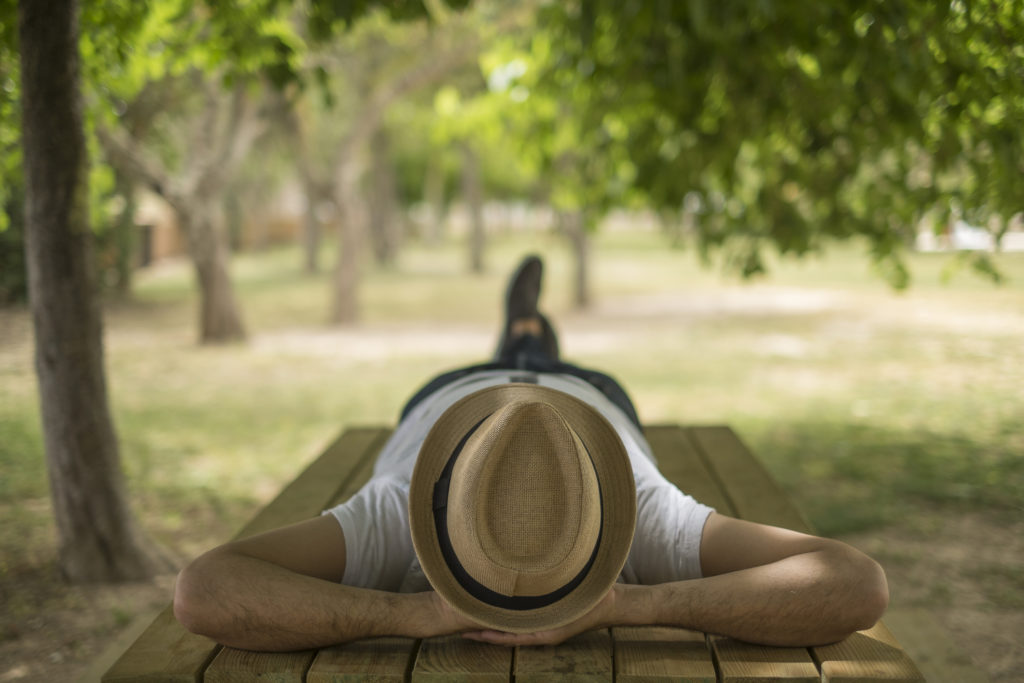
Articles
The Secret to a Happy Holiday: Create a Plan to Reduce Stress and Improve Sleep
There’s a reason you’re seeing more stories about the ways holiday stress impacts your health. While stress about COVID-19 has…
Introducing SleepScore
We deliver accurate data, actionable insights, personalized coaching and proven outcomes your customers need.
Sleep Insights
Last Published on 20th January 2019 by SleepScore Labs

“No day is so bad it can’t be fixed with a nap.” – Carrie Snow.
We can all likely relate to this sentiment. A good quality nap can leave us feeling like a new human, especially when the bustle of regular life puts our bodies to the test.
But what constitutes of ‘good’ nap? Are there best practices to napping? Can you nap for too long? We’ll answer some commonly asked questions about the coveted siesta, and clear up a few myths too!
It’s probably no surprise that the nap originated in Spain, dating back a few thousand years. Siestas reached many corners of the world due to Spain’s wide-ranging reach, stretching from places like Greece to Nigeria. Typically, napping would occur in the middle of the day in these regions to stay out sheltered during the warmest points of the day.
Though Spain has continued their tradition of the siesta with two-hour lunch breaks during the day, much of the developed world is not so lucky. But are naps really that vital to our sleep health?
Almost half of our SleepScore members report enjoying a daytime nap, according to our Pillow Talk Poll data.
It depends. If you’re feeling particularly sluggish and not getting the nightly sleep you need, a nap could help improve your alertness and boost your performance. Just be careful not to overdo it!
We recommend nothing longer than 20-25 minutes. This allows for you to get a quick re-fresh without interfering with your regular sleep schedule. If you sleep for too long, you might have a hard time falling asleep later that night, you may wake up more often, or even wake earlier than your preferred morning time. Additionally, a long nap may leave you feeling groggy when you wake, which is the opposite feeling you’re going for!
According to our SleepScore Pillow Talk Poll, members who reported enjoying daytime naps had a lower average SleepScore compared to those who said they did not enjoy taking daytime naps.
If you nap responsibly, you can feel more alert, perform better, react quicker, and even feel a mood boost!
If you’re looking to optimize your napping, try these strategies to wake up refreshed and feel ready to keep moving about your day.